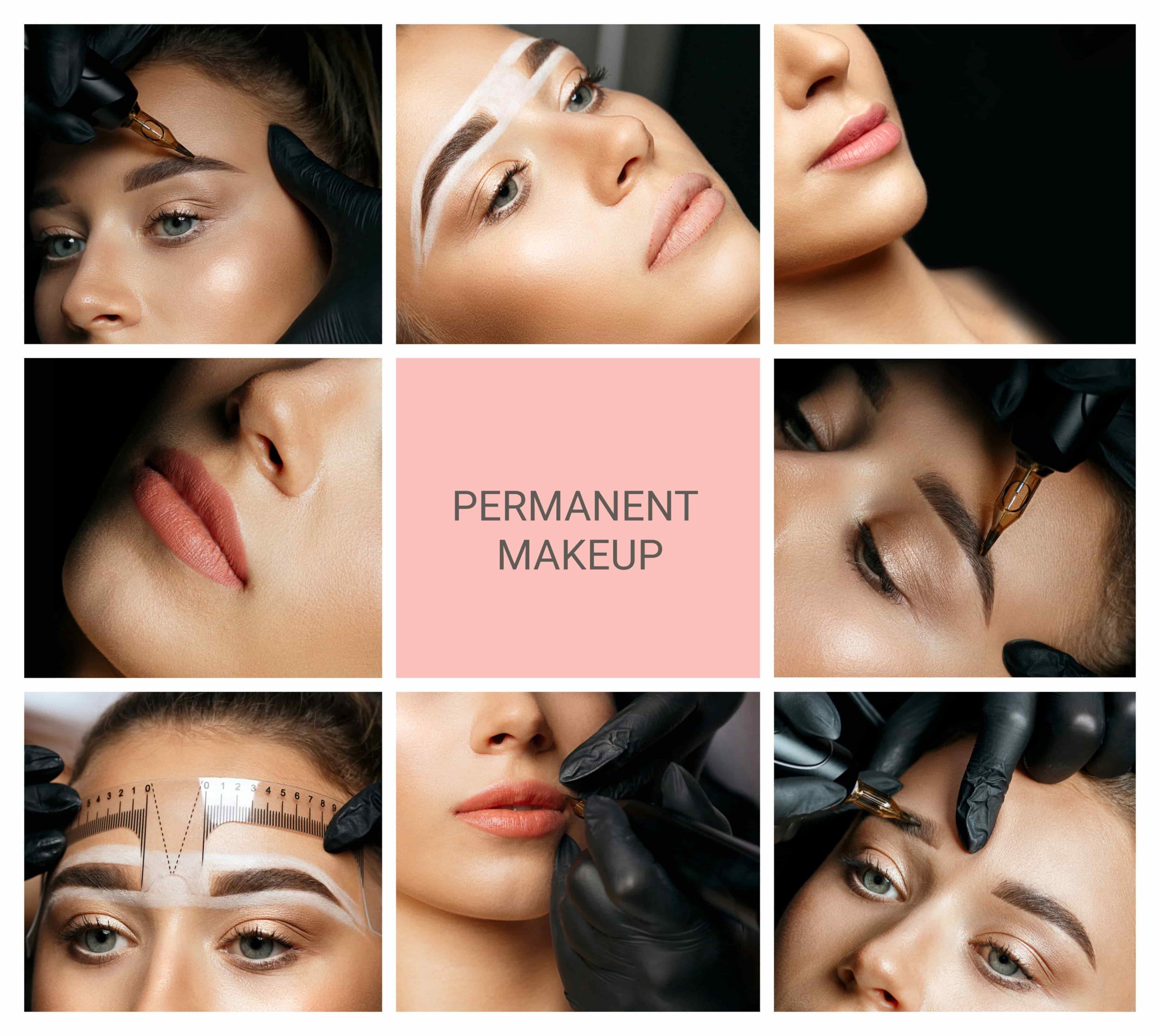At JDCC Skin Care dba Skin & Tonic, we understand that when it comes to cosmetic procedures, knowledge is power. That’s why we aim to provide our clients with all the information they need to make informed decisions about their beauty regimen. One of the most common questions we receive is about the level of discomfort associated with permanent makeup. In this blog post, we will address this topic in detail, providing a comprehensive overview of the permanent makeup process and its impact on pain levels. From the numbing process to aftercare, we will address all aspects of the procedure to help you determine if permanent makeup is the right choice for you.
The Numbing Process: Minimizing Discomfort
Before any permanent makeup procedure begins, a numbing cream or local anesthetic is typically applied to the area being treated to minimize discomfort. The goal of this step is to reduce pain during the procedure and ensure a more pleasant experience for the client. The numbing process can take anywhere from 15 minutes to an hour, and the length of time will depend on the specific product used and the area being treated. It’s important to note that everyone’s pain tolerance is different, and what may be comfortable for one person may not be for another. Nevertheless, the use of a numbing agent is a crucial step in reducing discomfort during permanent makeup.
The Procedure: What to Expect
During the permanent makeup procedure, a specialized machine or hand-held tool is used to deposit pigment into the skin. The process is similar to tattooing, but the technique and tools are specifically designed for cosmetic purposes. The sensation can range from a slight tickling or buzzing feeling to mild discomfort, and the level of pain will depend on the individual’s pain tolerance and the area being treated. However, the use of a numbing cream or local anesthetic typically reduces discomfort significantly. It’s important to work with a licensed and experienced professional to ensure the highest level of safety and satisfaction with your permanent makeup results.
Aftercare: Minimizing Discomfort Post-Procedure
After the permanent makeup procedure, it’s important to follow the aftercare instructions provided by your practitioner to minimize discomfort and promote proper healing. This may include avoiding certain activities, such as swimming or exposure to direct sunlight, and applying recommended ointments or creams to the treated area. It’s also common to experience some swelling, redness, and tenderness in the days following the procedure, but these symptoms should subside within a week. Following proper aftercare protocols can greatly reduce the risk of complications and ensure the best possible results from your permanent makeup.
The Benefits of Permanent Makeup
Aside from reducing the need for daily makeup application, permanent makeup can also provide numerous benefits, including improved confidence, convenience, and a boost to self-esteem. For those with busy lifestyles or physical disabilities, permanent makeup can simplify their daily routine and allow them to feel their best with minimal effort. Additionally, permanent makeup can also help to enhance and restore natural facial features, such as eyebrows or lips, and can be used to conceal scars, burns, or other cosmetic concerns. With proper aftercare and touch-up appointments as needed, permanent makeup can provide long-lasting results and a more youthful and refreshed appearance.
The Risks of Permanent Makeup
While permanent makeup can provide numerous benefits, it’s important to consider the potential risks as well. These can include infection, allergic reactions, scarring, and pigment migration. It’s also possible to experience dissatisfaction with the final results, such as uneven coloring or asymmetry. That’s why it’s essential to choose a licensed and experienced practitioner who uses sterile equipment and follows proper aftercare protocols. Additionally, it’s important to carefully research the product being used, as some pigments may contain harmful ingredients. By weighing the benefits and risks, and taking all necessary precautions, you can ensure a safe and satisfactory experience with permanent makeup.
Choosing the Right Practitioner
When considering permanent makeup, it’s important to choose the right practitioner to ensure the best possible results. You should look for a licensed professional who has experience with the specific type of procedure you’re interested in and a portfolio of work to showcase their skills. Additionally, it’s a good idea to check for any negative reviews or complaints, as well as their level of commitment to safety and cleanliness. A consultation with the practitioner can also provide an opportunity to ask questions, discuss your concerns, and learn more about the procedure and aftercare process. By taking the time to choose the right practitioner, you can feel confident and secure in your decision to move forward with permanent makeup.
Why Choose JDCC Skin Care dba Skin & Tonic for Your Permanent Makeup Needs
In conclusion, permanent makeup can provide numerous benefits, including improved confidence, convenience, and a youthful appearance. However, it’s important to consider the potential risks and choose the right practitioner to ensure the best possible results. At JDCC Skin Care dba Skin & Tonic, our team of highly trained and licensed professionals is dedicated to providing the highest level of safety, satisfaction, and quality with each permanent makeup procedure. We use only the best products and tools, and follow strict protocols for sterilization and aftercare to minimize the risk of complications. Our commitment to our clients is reflected in our extensive portfolio of work and numerous positive reviews, making JDCC Skin Care dba Skin & Tonic the ideal choice for anyone considering permanent makeup. So, if you’re ready to enhance your natural beauty and simplify your daily routine, contact JDCC Skin Care dba Skin & Tonic today for a consultation.





